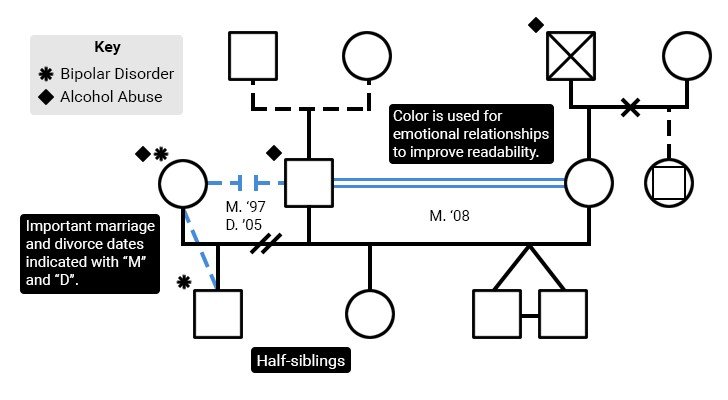Why is My Family Like This? Understanding your Dysfunctional Family
A Child in A Dysfunctional Family
As a child/teen, you mostly have no insight, no understanding about these “things” that go on in your family. Sometimes as a child they might assume they are the only ones that have to go through something like this. Sometimes because children keep personal information to themselves, fear of being judged, labeled, or misunderstood, you keep to yourself all the things you notice going on in your household and in your family. And of course, this definitely takes a toll on the child.
As you start to grow up, things may become more difficult and never seem to get better. You might often be waiting for the magic ball to just tell you “Good Things are coming” in hopes that your family will just snap out of it and be the “loving normal” family you always wished for.
If you were on the outside looking in, you might feel like you are part of this big tornado, with no chance of getting off. And that’s because that is exactly what it feels like being apart of a dysfunctional family. “Like what’s going to happen next” “My reality doesn’t matter”. Often times finding themselves asking “well can’t they just see their actions/words are hurting me and this family?”.
Understanding Family Dynamics
Understanding your family dynamics is like a puzzle or a mystery game . You know there are obvious problems, but you might not fully understand why and why can’t people just get it together.
Well, unfortunately, being a part of a dysfunctional family probably didn’t start with you. But there are some ways you can start to gain some understanding (if you’re up for it).
HElpful Tool: Genogram
One of the most helpful tools to understanding your family dynamics can be creating and mapping your family through this thing called a genogram. A genogram is an intervention used by family therapist, that help give some insight about how the current problem the client is coming in for is most likely rooted in patterns/themes/problems from immediate and extended family.
Traits/Characteristics of Dysfunctional Family
Some common patterns or traits of dysfunctional families are:
Parent with Mental Illness
Estrangement from family
Poor ability to handle stress
Addiction
Perfectionism
Ineffective Communication
Controlling
Criticism
Lack of Privacy or Individuality
Poor ability to handle conflict
Lack of Empathy
Getting Support
If you are finding you relate to anything mentioned above, chances are that you may have some lasting effects from being raised by a dysfunctional family that can affect your sense of self, safety, ability to trust and feel connected in your relationships. And if you haven’t gone through therapy, it may be a good place to start! And even when you think you work through it all, little things will continue to pop up as you go through different phases of life. There is hope! You are growing, learning, adapting, and as I always say you can unlearn all the bullshit you were raised to believe, and create the life that you want for yourself.
Time for some Healing!


